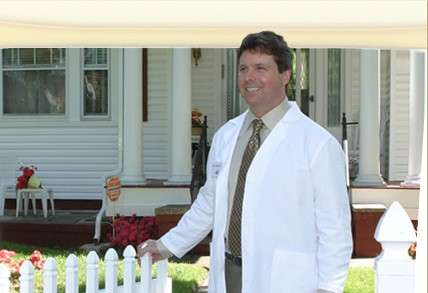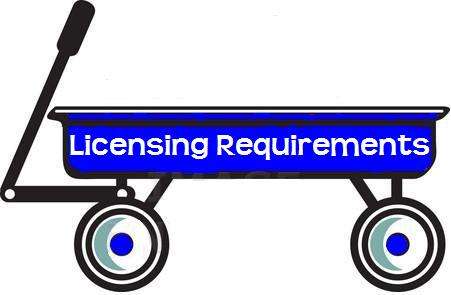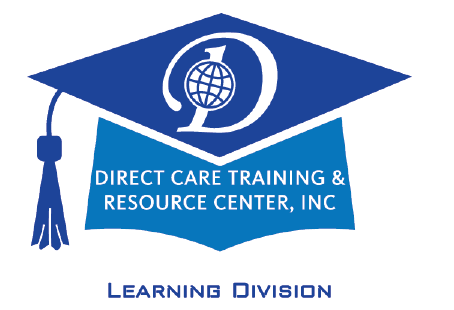In litigation against insurance companies who refuse to pay for legitimate services rendered in licensed adult foster care homes, the argument about scope of license often comes up. As researchers for counsel on both sides of these arguments, we often present the counter argument not as legal advice but as a presentation of facts defending regulatory and programmatic realities.
-
Scope of Licensure – Skilled Nursing:
While it is true an adult foster care home, operating under Public Act 218 would not serve a resident who requires continuous nursing care, arguments to this affect can be at best subjective. The problem lies in the usage of the word “continuous” which is exactly how it is worded in the State published definition of adult foster care.
Note: Under Public Act 218 Adult Foster Care is defined as: “The provision of twenty-four (24) hour protection, care and supervision for individuals who are developmentally disabled, mentally ill or aged who cannot live alone but who do not require continuous skilled nursing care”.
An adult foster care resident may have an advanced wound. Multiple times per week a wound care certified nurse visits to debride, sanitize, dress, etc. Multiple times per month a wound focused physician may examine to minimize the spread of infection or further tissue damage. In a month or two, the wound is healed or surely on its way. Nurse visits begin to dwindle until no longer needed and daily wound care/maintenance can be delegated to trained direct care staff.
In such an instance, the nursing care, by most reasonable definitions, is not continuous. It could be viewed as a simple matter of the potential of the resident living in the home for seven, (7) years while the work of a nurse is involved for two, (2) to three, (3) months. Surely using a scenario such as this one, the nursing care is not continuous. Accordingly, an adult foster care home is not operating outside of its scope when serving a resident with such a need and surely would not fit the description of a person who can only be served in a skilled nursing setting, i.e. nursing home.
Similarly, in what are identified as specialized homes, which serve the mentally ill and the developmentally disabled, all residents are consumers of mental health services. Psychiatric nurses are a regular part of their treatment and ongoing evaluation. This too is not labeled as continuous nursing care, although a long-term part of this resident’s care regimen.
Accordingly, while its creative language, to use the thought of continuous nursing care to paint a provider as operating out of its scope can be legally flimsy and irresponsible from a rule a rule and programmatic perspective . See further notes…

There are also regular arguments about the scope of a license. Insurance company lawyers will seek to assert that an adult foster care home’s operation more resembles a skilled nursing center than a group home. They will use this line of reasoning to further discredit bills by painting a picture of a rogue operation. This too is a frivolous argument. Why? An adult foster care home is required by licensure to ensure the needs of each resident are cared for.
This includes regular visits by medical professionals. Included are physicians, nurses, rehabilitative therapists and mental health personnel. These visits are even more common in specialized homes, i.e. those licensed to serve the developmentally disabled and mentally ill. See Rule Reference that follows:

R 400.14301 Resident admission criteria; resident assessment plan; emergency admission; resident care agreement; physician’s instructions; health care appraisal.
(2) A licensee shall not accept or retain a resident for care unless and until the licensee has completed a written assessment of the resident and determined that the resident is suitable pursuant to all of the following provisions:
(a) The amount of personal care, supervision, and protection that is required by the resident is available in the home.
(b) The kinds of services, skills, and physical accommodations that are required of the home to meet the resident’s needs are available in the home.
It should also be noted that while an individual rendering skilled therapy services must be licensed, i.e. physical therapists, occupational therapists, etc. the State of Michigan does not license outpatient rehabilitation clinics in and of themselves just as adult day programs do not require licensure.
References:
Roseberry Adult Foster Care – Detroit, Michigan
https://adultfostercare.apps.lara.state.mi.us/Home/FacilityProfile/1187
Pal’s Place – Burton, Michigan
https://adultfostercare.apps.lara.state.mi.us/Home/FacilityProfile/566
Mid-Michigan Specialized Living
https://adultfostercare.apps.lara.state.mi.us/Home/FacilityProfile/3712
______________________________________________
Yes, there is value in researching the facts and knowing how they apply in every situation.
______________________________________________







